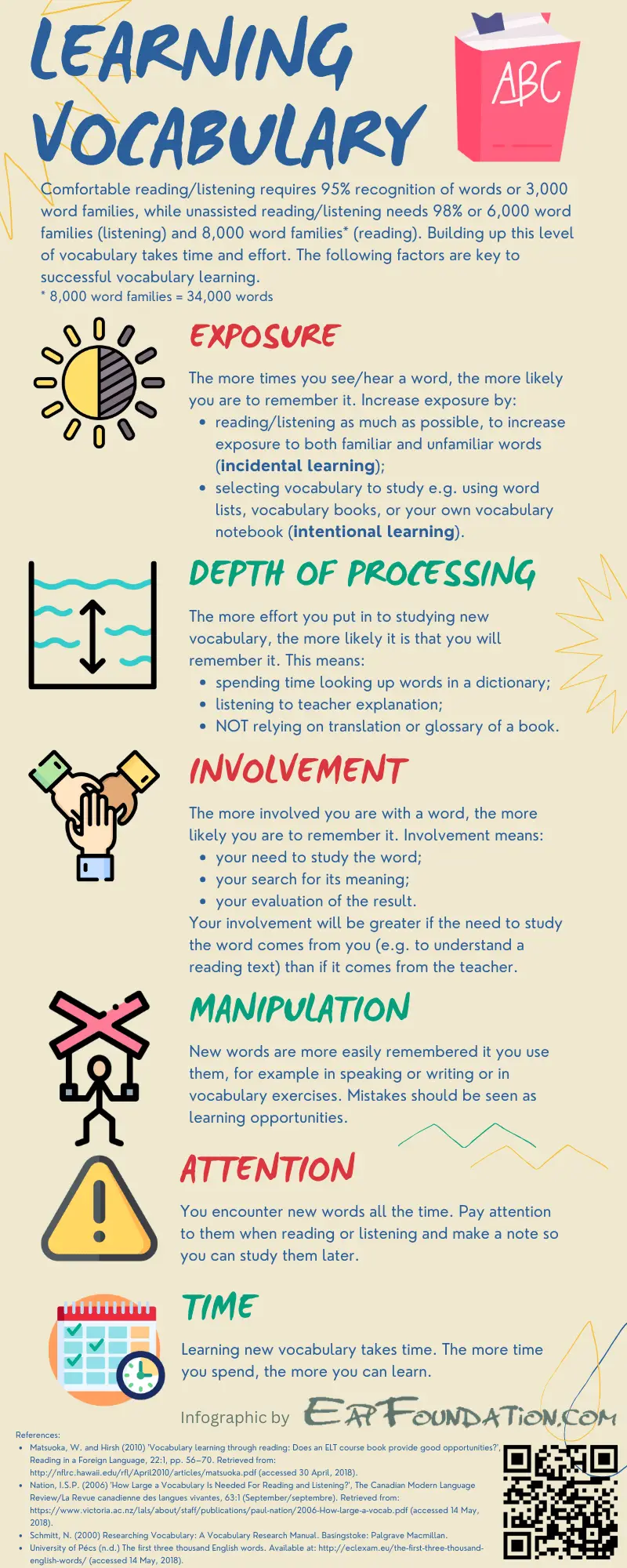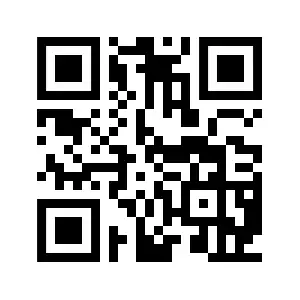|
New video: Features of academic vocabulary
For many students, vocabulary study involves translating and memorising words. This approach can improve reading, but is
not effective for other skills, especially speaking and writing. If you want to use a word you need to understand not just its meaning
but other features, including:
- how to pronounce it;
- how to spell it;
- its part of speech;
- its word family;
- the register, e.g. whether it is suitable for academic English;
- the grammar of the word;
- how it combines with other words (collocation);
- its frequency, i.e. is it a common word, since if it isn't, maybe it isn't worth studying in the first place.
This video on features of academic vocabulary
guides students through each of these areas, then looks at an example word to show how the areas can be applied when
studying new vocabulary.
Watch: What is academic vocabulary?
[YouTube / Youku]
Check out: Video worksheet (with answers)


YouTube channel
If you like the videos, don't forget to...
Subscribe to the
EAP Foundation YouTube channel
Ergative verbs
Academic writing tends to use an impersonal tone. This is most often connected with the use of passive, which removes the actor from the sentence.
Ergative verbs
are a special class of verb which allow the object of the sentence to become
the subject without changing the verb to passive, making them more active in their use, still objective and therefore academic, but also
easy for students to get confused about. An example of an ergative verb is dissolve.
- I dissolved the white powder in the liquid. (not academic)
- The white powder was dissolved in the liquid. (no need for passive)
- The white powder dissolved in the liquid. (Correct!)
The page includes a list of ergative verbs, from a study by Julia Miller, showing which academic word lists they are in and therefore
which ones are useful for academic English.
Read more: Ergative verbs
| 






















